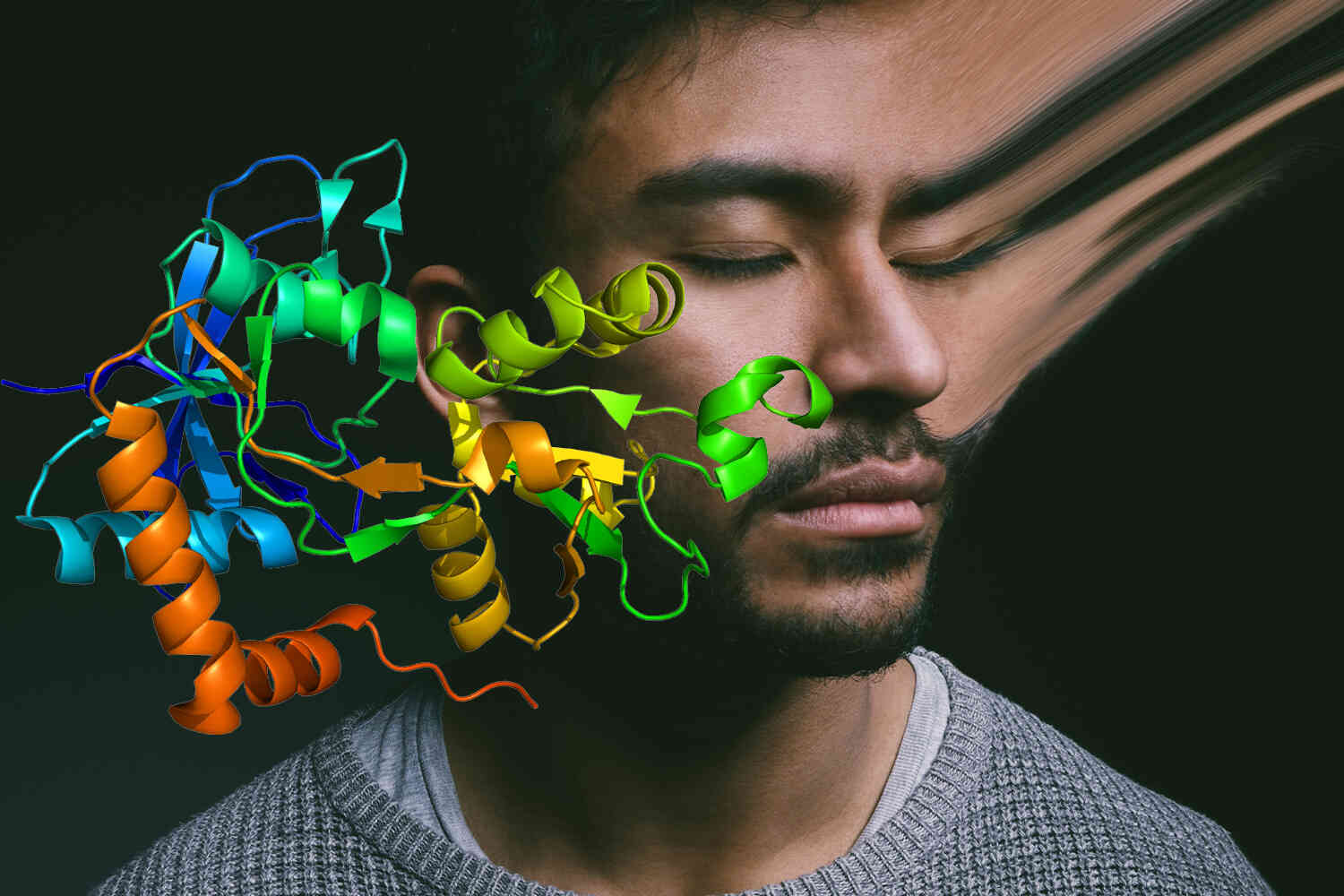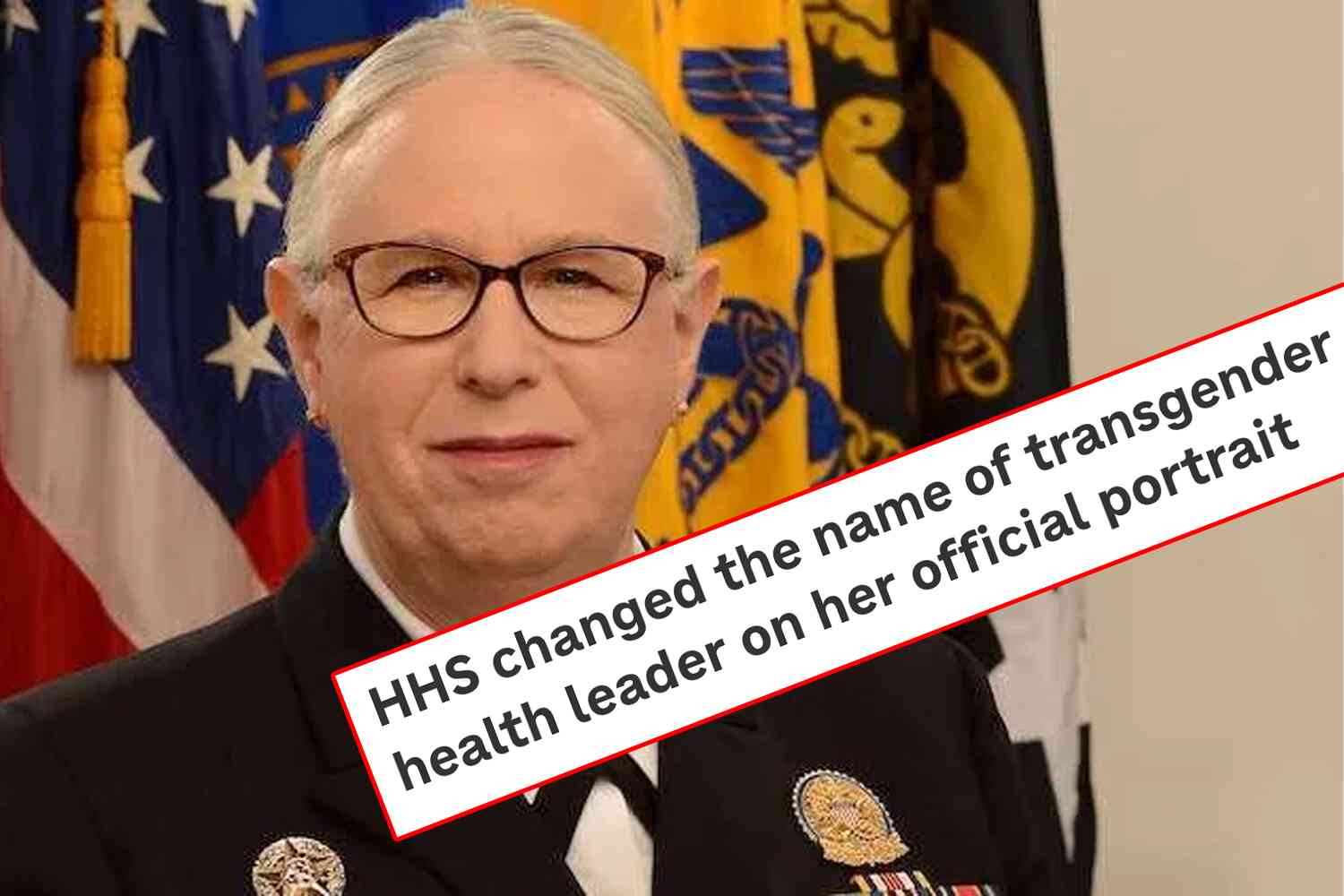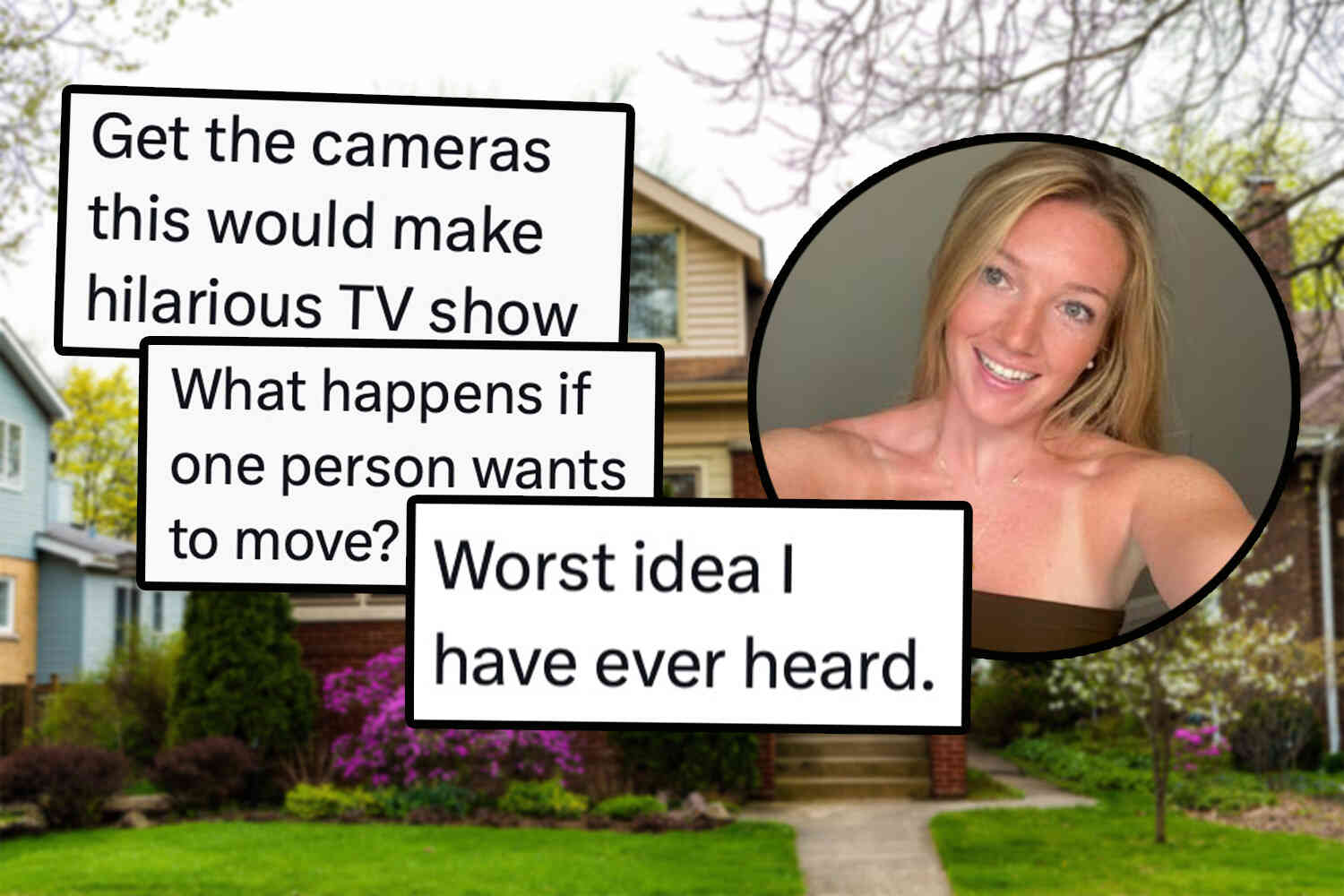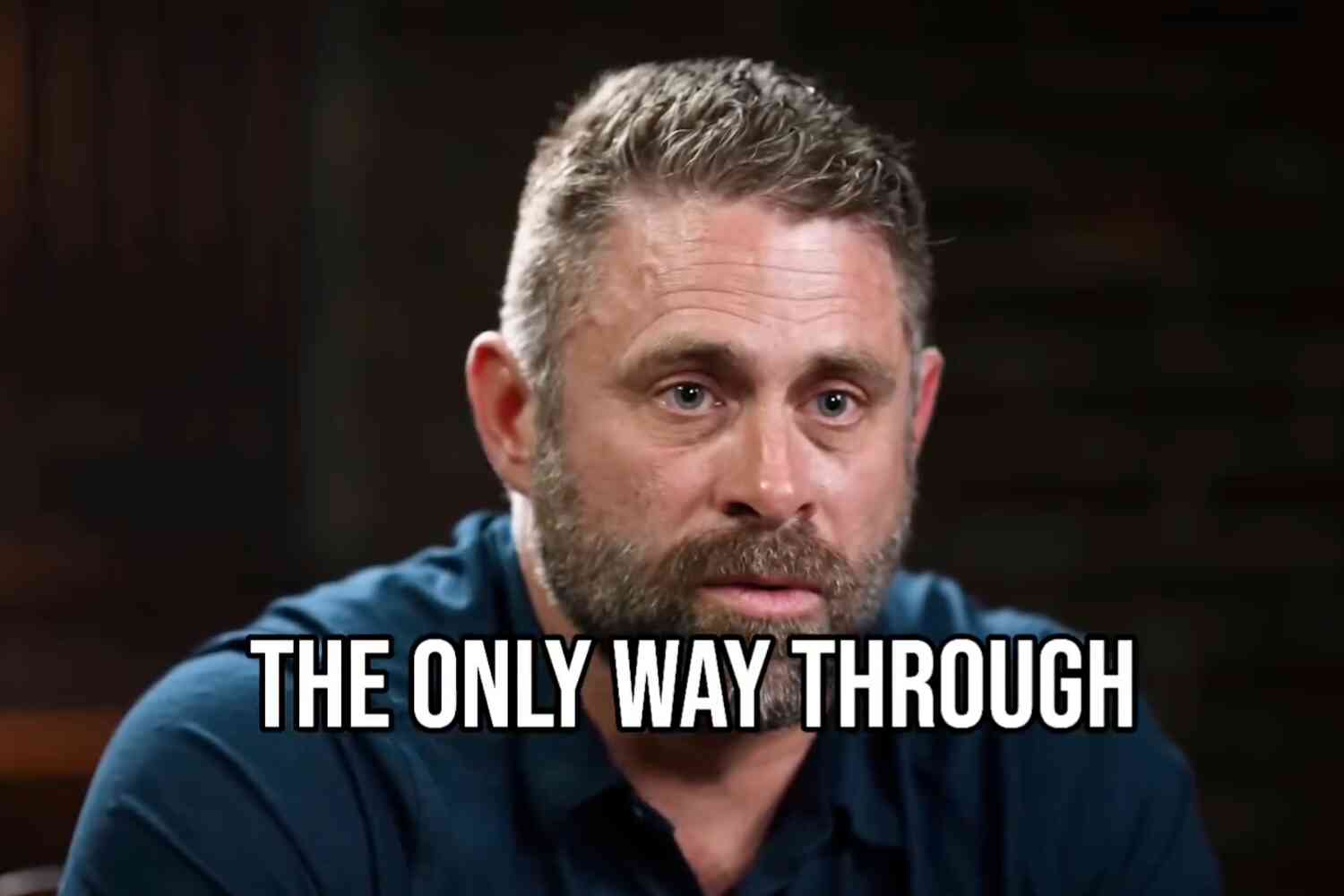What is it with media types that they feel the need to ruin teenagers' lives these days? Were they never invited to sit at the "cool table" in the cafeteria? Is this their revenge for not having a prom date? Are they just sociopaths?
These kinds of exercises in emotional catharsis should really be conducted under the oversight of a mental health professional.
"A Racial Slur, a Viral Video, and a Reckoning."
"A reckoning?" For something stupid you said when you were a high-school freshman? Reckonings should be reserved for things like murder and multi-million-dollar fraud cases, not an unfortunate selfie.
The author of the piece, Dan Levin, appears to be a full-grown man.
I would have expected him to show more judgment than a vengeful teenager (more on that in a moment).
Let's first address what Mimi Groves, the student in question, said. She was 15, had just gotten her driver's license, and sent a 3-second video she had taken of herself in which she said,
"I can drive, [N-word]."
You shouldn't use that word. Not that you would know that from following popular culture. In fact, that is exactly what she was doing. She was clearly trying to be cool, trying to be hip.
She was 15 years old. That's what 15-year-olds do.
She was parroting what popular hip-hop artists say regularly, particularly in their songs.
She still should not have used the word, she understands that now. She even encouraged donations to BLM earlier this year. But it wasn't even being used as a racial epithet. She was trying to be cool.
She was 15.
What about the vindictive teen?
"While the piece strives for a veneer of neutrality, it clearly lionizes Galligan, whose portrait—which appears early in the story—calls to mind The Washington Post's excessively flattering photograph of Lexie Gruber and Lyric Prince, who extorted the paper into humoring their Halloween-costume-related grievance."
What is Galligan being lionized for?
Oh, just holding on to the video clip for about a year waiting for the perfect moment to ruin her life is all.
"I wanted to get her where she would understand the severity of that word," Mr. Galligan, 18, whose mother is Black and father is white, said of the classmate who uttered the slur, Mimi Groves. He tucked the video away, deciding to post it publicly when the time was right.
He was young himself, but the video should have been the catalyst for a conversation, not a weapon to be used for maximum damage.
And yet here he is, nearly 19, delighting in doing just that.
"I'm going to remind myself, you started something," he said with satisfaction. "You taught someone a lesson."
I don't want to dwell on the motivations of an 18-year-old anymore than I would a 15-year-old, but this young man has issues.
Back to Soave at Reason:
[New York Times writer] Levin never really challenges Galligan; in fact, the reporter lets Galligan get away with the assertion that his white father suffers from "white privilege." Groves is treated somewhat sympathetically, but Levin really should have explained the difference between using the word as an epithet and using it in the manner Groves did.
That would get in the way of "the reckoning" narrative.
Shortly after his 18th birthday in July, Mr. Galligan asked his father, a former law enforcement officer, what he thought about white privilege. "The first thing he said to me is that it doesn't exist," Mr. Galligan recalled. He then asked his father if he had ever been scared while walking at night, or while reaching into the glove box after getting pulled over by the police.
He said his father had not.
"That is your white privilege," Mr. Galligan said he told him.
I have no idea why his father told him that because I could have said "yes" to both. Being scared walking at night? Are you kidding? I walk my dog in the dark. I'm on near full alert the whole time.
And anyone, of any color, if they have responsible parents, is told to make sure a police officer can see your hands. On the occasions that I have been pulled over (I used to have a wee bit of a heavy foot), I make sure my hands are on the steering wheel as the officer approaches. Shoving my hands in the glove box? I'd be scared then, and so should anyone with any common sense.
Groves' life was already ruined by the time this story ran and had previously hit a couple of local papers. She had been accepted to the University of Tennessee and was set to join their championship cheerleading squad, goals she had been working towards for 12 years, according to her mother. She was first kicked off the squad and then forced to withdraw from the university before she even had her first class.
But why on earth did the New York Times think it was important to take this story nationally, to thoroughly shame and ruin what was left of an 18-year-old's life?
Back to Soave of Reason:
...because the country's most important newspaper apparently thinks it is appropriate to shame teenagers over their juvenile behavior. This is the very worst aspect of cancel culture—the burning desire to hold people accountable for mistakes they made as kids, even if they have long since learned their lesson and grown past them—and the Times has fully embraced it.
The people who really ought to have known better are not the story's teenage subjects, but its editors at The New York Times...
Might she have a court case? It's not at all clear if she wants to pursue one, and students that have not actually started classes have fewer first amendment rights than those who are currently attending anyway.
Besides, how welcome do you think she'd feel after all of this?
One upside of the notoriety is that some people sympathetic to her plight have been alerted and have started to act.
I doubt very much that this is the "something" Galligan had hoped to start.









